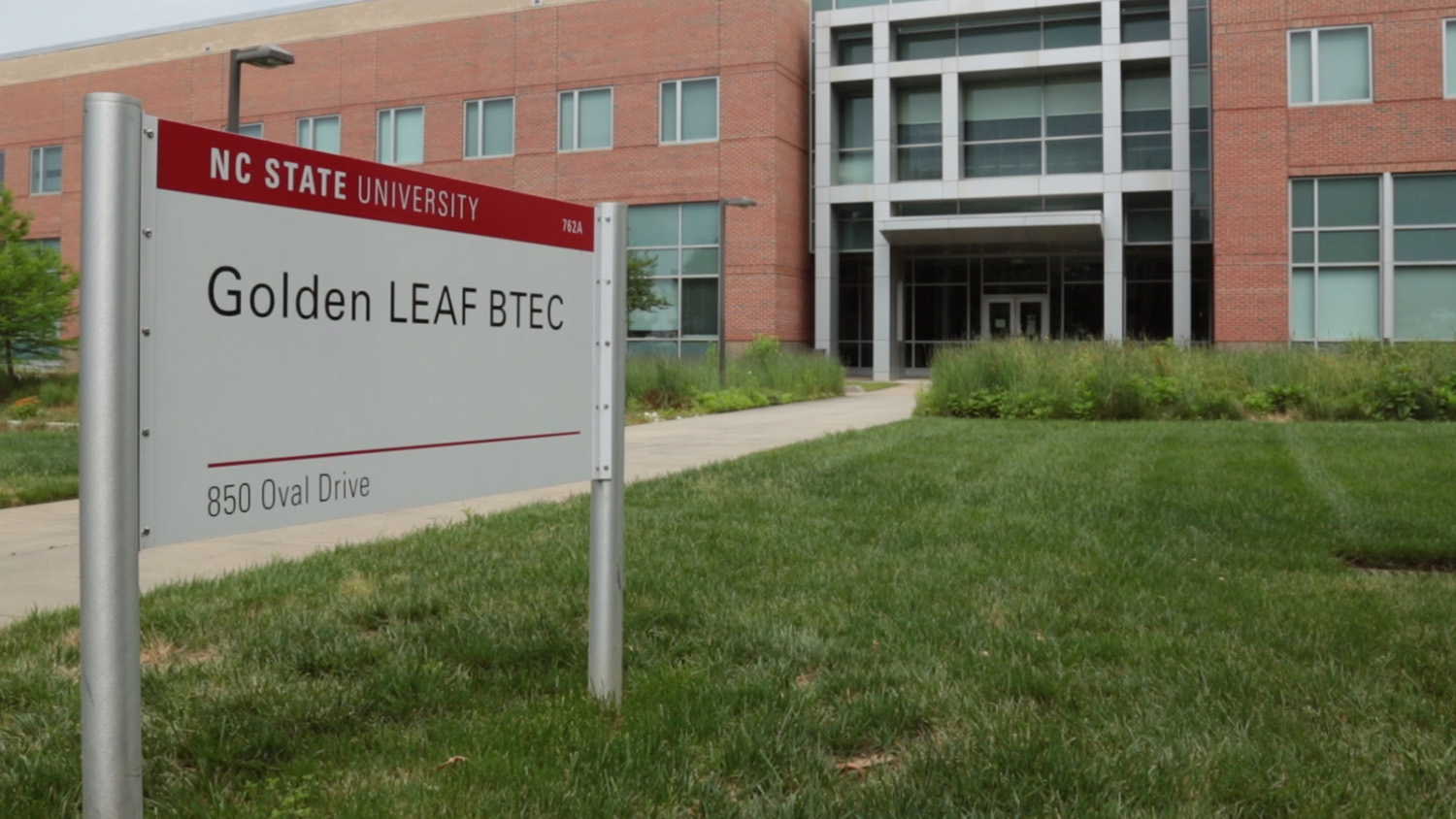Fewer Cars Mean More Hand Sanitizer

Fewer cars on the road, due to shelter-in-place regulations in various states across the country, create an opportunity to use surplus ethanol – a type of alcohol used in automobile and truck fuels – to make hand sanitizer.
For two problem-solving partners, the opportunity means working together to mitigate local shortages of hand sanitizer, an important but sometimes hard-to-find product that can help keep coronavirus at bay.
NC State University and Novozymes, the world’s largest industrial biotechnology company with North American headquarters in North Carolina, are combining forces to produce more than 600 gallons of hand sanitizer. The resulting product will help keep NC State students, faculty and staff safer.
“COVID-19 has presented everyone with daunting challenges – sparking the need for some serious thinking outside the box,” says Brian Brazeau, president for Novozymes North America and vice president, bioenergy. “We have all been driving less, we have seen the empty shelves of hand sanitizer – yet few probably realize it is possible to connect the two: What if we could use that surplus of ethanol and quickly redirect it to solve one of the key challenges of the current crisis?”
With NC State staff and faculty slowly returning to campus and students scheduled to return Aug. 10, Novozymes wanted to explore whether its biotechnology and relationships to both the renewable fuel industry and NC State could be utilized to ensure proper availability on campus of hand sanitizer – and solve the challenge of scarcity.
NC State’s Golden Leaf Biomanufacturing Training and Education Center (BTEC), which trains the next generation of biomanufacturing workers, wanted to use its pilot biomanufacturing infrastructure to help the campus.
“BTEC staff recognized back in March that production of hand sanitizer was a way to support the NC State community,” said Gary Gilleskie, BTEC’s executive director. “We greatly appreciate the generosity of Novozymes – both in giving time to help solve our ethanol procurement issues and through the donation of ethanol. We would also like to recognize NC State’s Kenan Institute for its generous financial support. Without the support from both organizations, BTEC may not have been able to produce the hand sanitizer that is now being used throughout NC State’s campus.”
After receiving FDA approval, BTEC began producing hand sanitizer in mid-May using a formula recommended by the World Health Organization. The sanitizer is being bottled in one-gallon containers at BTEC’s facility on NC State’s Centennial Campus and will be available across NC State’s campus.
“The creative partnership has truly been a strong example of quickly seizing opportunities out of a very bad situation for all – matching BTEC’s leadership and innovation mindset with Novozymes’ passion for hands-on problem-solving and experience in the ethanol industry, while coming up with a solution that makes a real, tangible impact for our community,” Brazeau said.
Novozymes and NC State are no stranger to collaboration. The university recently received from the Novo Nordisk Foundation, Novozymes’ parent philanthropic arm, a $27 million grant to enhance biopharmaceutical manufacturing and a $30 million grant to improve crop resilience.
-kulikowski-
This post was originally published in NC State News.
- Categories:



